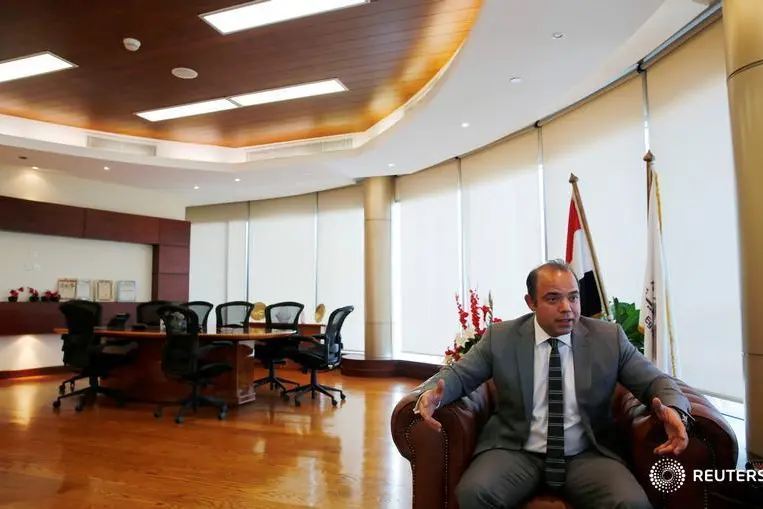PHOTO
The volatility being experienced on global stock markets as interest rates rise in the United States and trade fears cause a sell-off in emerging market assets could change the economic policies for many countries, including Arab states, the chairman of Egypt’s stock exchange Mohamed Farid said on Monday.
“It is not confined to the GCC or the Arab region. We have significant volatility that we are going to witness in all cases given what is happening in emerging markets' fears and international trade fears,” Farid told Zawya on the sidelines of the annual conference of the Federation of Euro-Asian Stock Exchanges (FEAS) in Abu Dhabi.
The International Monetary Fund (IMF) recently cut forecasts for global economic growth, citing trade wars that erupted this year after the United States imposed new tariffs on imports from several countries including China, Canada and Turkey.
The IMF said in an update to its World Economic Outlook earlier this month that it is now predicting global economic growth of 3.7 percent for 2018 and 2019, down from the 3.9 percent stated in its last outlook published in July.
Its forecast for the region including the Middle East, North Africa, Afghanistan and Pakistan is for GDP growth of just 2.4 percent this year and 2.7 percent next year. Next year’s forecast is 1.2 percent lower than the organisation’s last update in July this year.
The Gulf Cooperation Council region has experienced a slowdown since a decline in oil prices which began in 2014.
Farid said that recent global economic developments will lead to the emergence of new growth models that would focus more on “inward-looking, consumption growth models”, instead of export-driven models.
He added that recent increases in interest rates will have an impact on equity markets.
“Nowadays, we get to see interest rates picking up significantly and this would pose a monetary policy stance that definitely will have an impact on companies and markets that have been borrowing significantly from international markets,” he said.
The U.S. Federal Bank has raised interest rates eight times since 2015, with the latest increase coming last month. Other countries such as the United Kingdom have followed suit, while many Gulf countries such as Saudi Arabia and the United Arab Emirates raise rates automatically alongside the U.S. as their currencies are pegged to the dollar.
Egypt had independently raised its interest rates significantly in 2016 and 2017 to counter soaring inflation that followed the state’s flotation of its currency in November 2016, but rates have dropped back slightly this year.
Asked if potential changes in economic policies would boost the local small and medium-sized enterprises in Egypt and other Arab countries, Farid said it would certainly provide a new outlook.
“We need to look at it from a different perspective. First of all, maybe they are not the easiest to fund directly but you can fund the funders,” Farid said.
“So that could be an area that everyone should be working on to create venture capital or support venture capital firms and private equity firms in raising the required funding to finance the entrepreneurs and start-ups and so forth,” he added.
A study by Allied Investment Partners earlier this month found that the economic contribution to GDP made by SMEs varied substantially across the region, from just 4 percent in Libya and 14 percent in Oman to 80 percent in Egypt, 96 percent in Yemen and 99 percent in Lebanon.
Several Arab countries have been implementing reforms to help SMEs and start-ups, such as the introduction of new bankruptcy laws in Saudi Arabia this year and in the UAE in late 2016.
(Reporting by Yasmine Saleh; Editing by Michael Fahy)
Our Standards: The Thomson Reuters Trust Principles
Disclaimer: This article is provided for informational purposes only. The content does not provide tax, legal or investment advice or opinion regarding the suitability, value or profitability of any particular security, portfolio or investment strategy. Read our full disclaimer policy here.
© ZAWYA 2018




















